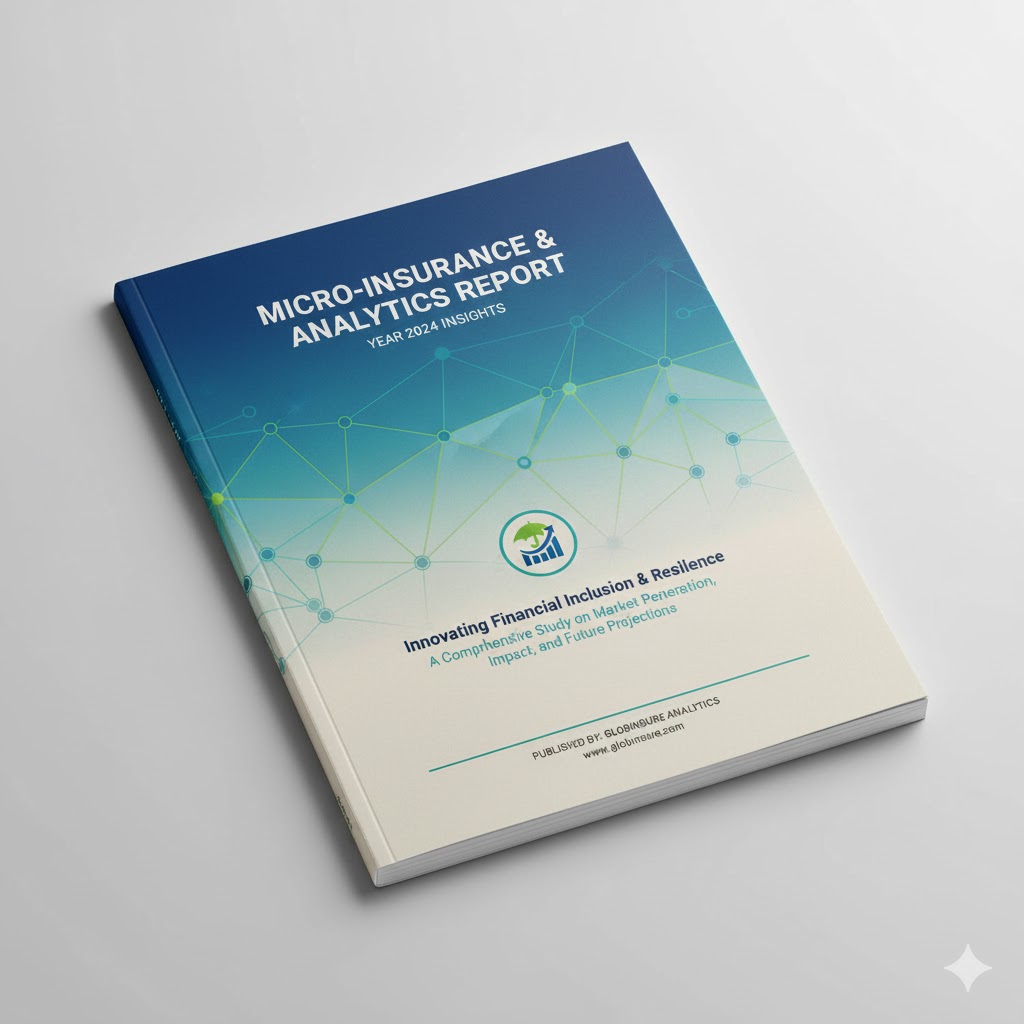Displaying 1 - 14 of 14

DeRisking coffee in Vietnam: Piloting a Coffee Climate Protection Insurance scheme to enhance the capacity of smallholders and agribusinesses in coping with climate variability and change
Vietnam's Central Highlands – the world's largest Robusta coffee region – remains one of the country's poorest areas and is highly vulnerable to climate shocks. To build farmers' resilience, a Coffee Climate Protection Insurance (CCPI) pilot is providing smallholder coffee farmers with index-based insurance against drought, excessive rainfall, and extreme temperature, coupled with climate-informed agro-advisory services.
Date Issued
2022
Topics
Products
Region

GREEN DELTA, BANGLADESH – The case for insuring women for a better tomorrow
The case for insuring women for a better tomorrow. Green Delta Insurance Company (GDIC), a private non-life insurer in Bangladesh, partnered with IFC and others to design targeted insurance solutions for women. This note explores why women represent a key growth segment, how GDIC tailored its approach for Bangladeshi women, and the lessons learned from implementing this gender-inclusive strategy in the local market.
Date Issued
2020
Products
Region

How Chhaya is Building an End-to-End Digital Microinsurance Platform in Bangladesh
Bangladeshi insurtech Chhaya develops affordable digital health and life insurance distributed via mobile payments (bKash) with a subscription model.
Date Issued
2025
Topics
Region

Innovative Index-Based Agriculture Insurance: Where hope meets possibility
A pilot index-based insurance product for rice farmers to mitigate flood-related risks and promote financial resilience.

INSULAR LIFE, PHILIPPINES – The case for insuring women for a better tomorrow
Insular Life, Philippines – This case study showcases how Insular Life (InLife), a leading life insurer and health maintenance organization in the Philippines, partnered with IFC and the Women Entrepreneurs Finance Initiative (We-Fi) to better serve Filipino women. Their gender-focused strategy positions InLife as both an inclusive insurer and an employer of choice for women. The report outlines their journey toward creating more accessible insurance solutions, workforce empowerment, and long-term impact on women's financial resilience.
Date Issued
2021
Products
Region

Making climate risk microinsurance work. Case Study: Green Delta Insurance Company (GDIC), Bangladesh
Making climate risk microinsurance work: Green Delta Insurance Company in Bangladesh. This case study explores the origin, design, and delivery of Green Delta's agricultural microinsurance program. It reviews pricing mechanisms, subsidy structures, operational challenges, delivery models, and real-world performance results. The analysis offers key lessons for building climate resilience through private-public partnerships in emerging markets.

Making climate risk microinsurance work. Case Study: Philippine Crop Insurance Corporation (PCIC), Philippines
Case study of the Philippine Crop Insurance Corporation (PCIC) and its role in climate risk microinsurance. This diagnostic overview outlines PCIC's origin, goals, and subsidy model, and examines the challenges and performance of its delivery system. The paper also highlights pricing strategies, key operational hurdles, and practical lessons learned — contributing to a broader understanding of how public sector agricultural insurance can support resilience in Asia.

MALAYAN INSURANCE, PHILIPPINES - The case for insuring women for a better tomorrow
This World Bank report analyzes how Philippine insurers adapted to COVID-19 and how their inclusive insurance models helped maintain resilience for over 38 million microinsurance policyholders. The study highlights product innovations, digital transformation, and lessons for future crisis response through inclusive insurance strategies.
Date Issued
2020
Topics
Region

Microinsurance and Social Protection: Fiji Country Case Study
WFP and UNCDF piloted cyclone parametric insurance in Fiji for ~325 vulnerable households. This macro–micro model enabled payouts via mobile wallets within 3–5 days after disasters, offering financial protection to the poorest social welfare recipients.

Nepal: Introducing index-based insurance for flood-prone communities
Practical Action developed a flood index insurance for Western Nepal smallholder farmers. Features bundled services, cooperative-based sales, and payouts for crop loss after severe floods.

Pioneer Microinsurance: Building a Business around Positive Customer Experience Pays Off
Pioneer Microinsurance in the Philippines built a strong customer-centric culture by leveraging client data and insights and embedding customer-focused behaviors across the organization. This approach improved the customer experience, strengthened client value, and drove significant business growth, including higher policy renewals and expanded outreach.
Date Issued
2018
Topics
Products
Region

Rashtriya Swasthya Bima Yojana (RSBY) – India
India's national public health insurance scheme for the poor, offering smart card–enabled, cashless hospitalization to over 37 million low-income families. This flagship initiative aims to enhance access to healthcare and financial protection for the most vulnerable populations across the country.
Date Issued
2015
Topics

The impact of the health microinsurance M-FUND on the utilization of health services among migrant workers and their dependents in Thailand: A case-control study
A 2024 case-control study evaluating M-FUND, a microinsurance scheme for migrant workers in Thailand, showing increased health service usage among insured populations.
Date Issued
2023
Topics
Products
Region

Towards universal health coverage in Vietnam: a mixed-method case study of enrolling people with tuberculosis into social health insurance
Vietnam piloted enrolling TB patients into social health insurance to advance universal health coverage. While 76.5% were successfully insured, barriers like paperwork, delays, and costs left many uncovered. The study highlights the need for more flexible and patient-friendly enrollment systems.
Date Issued
2024
Topics
Products
